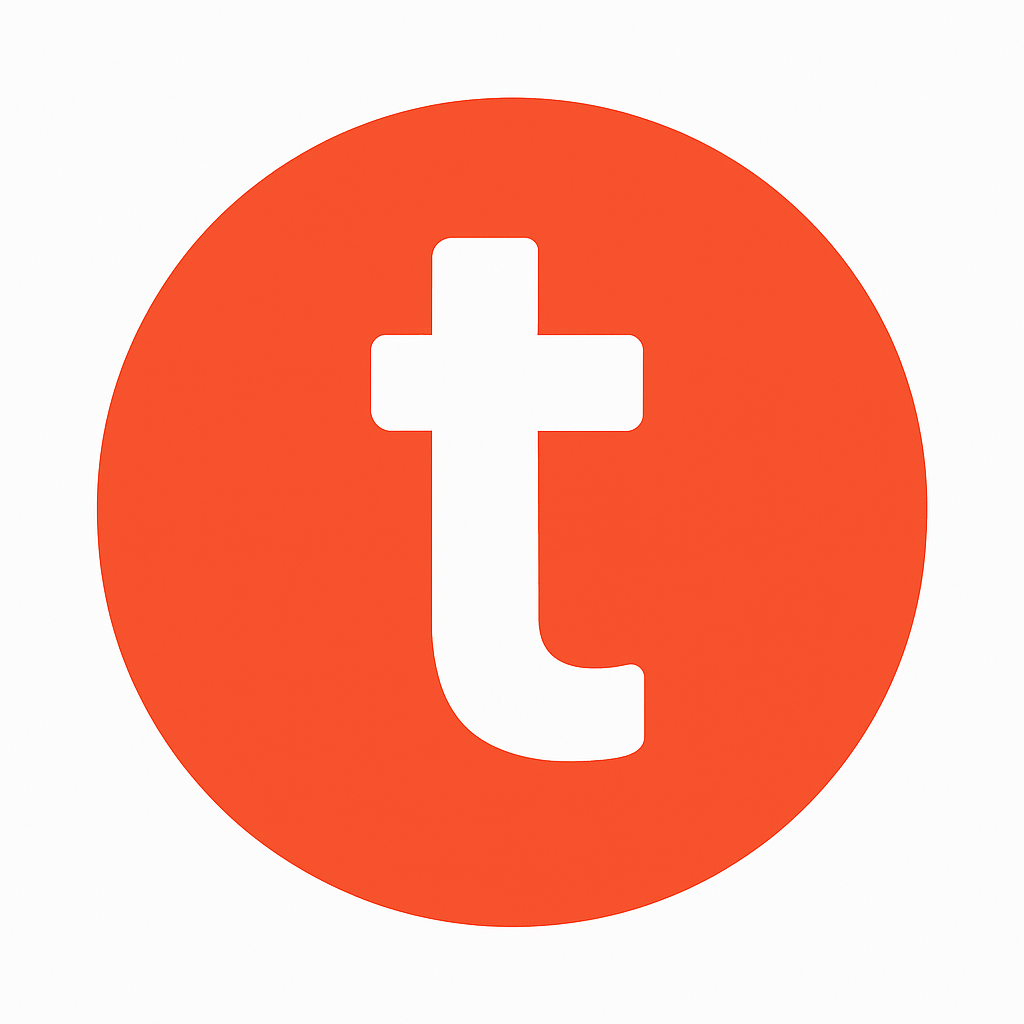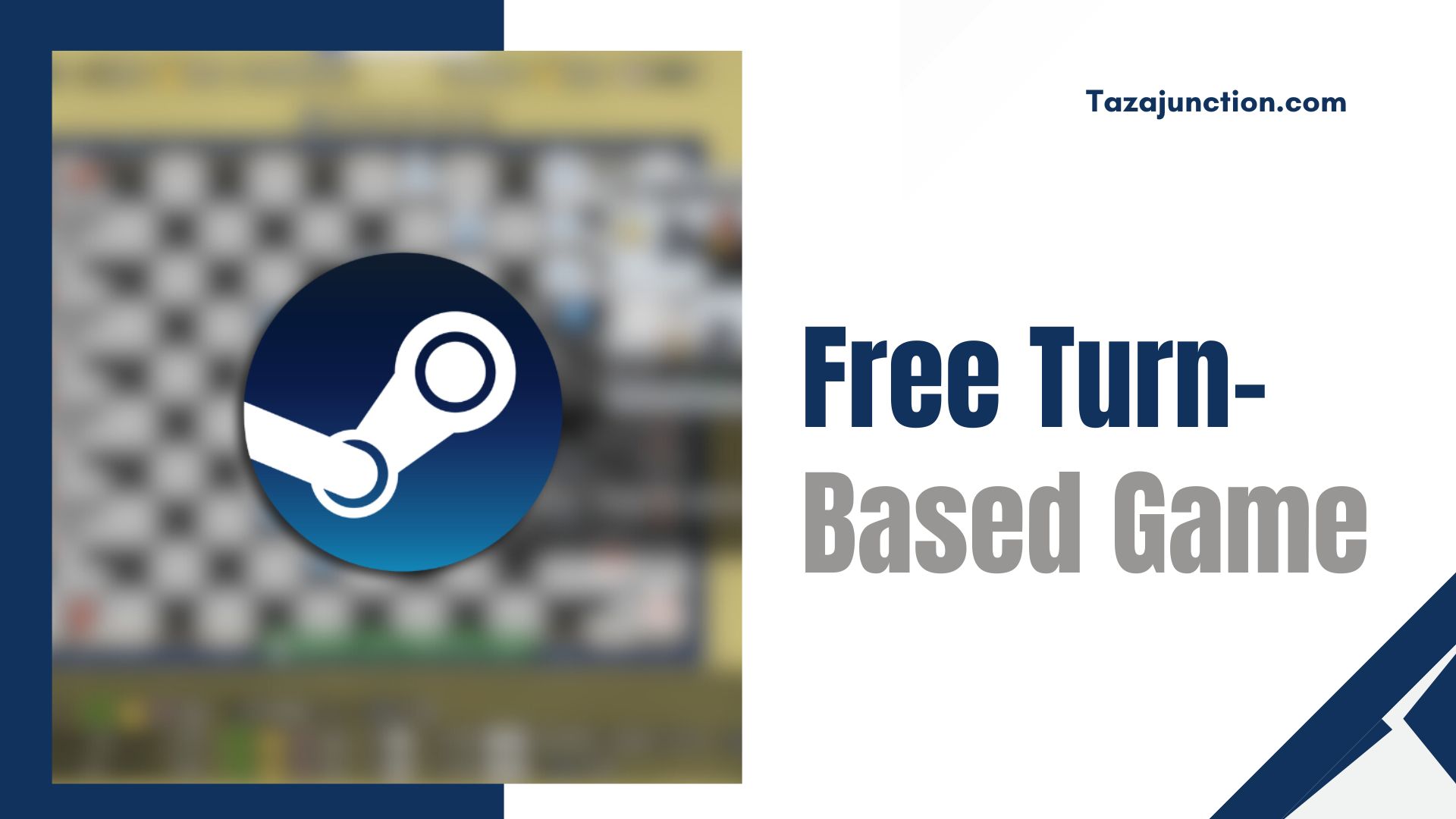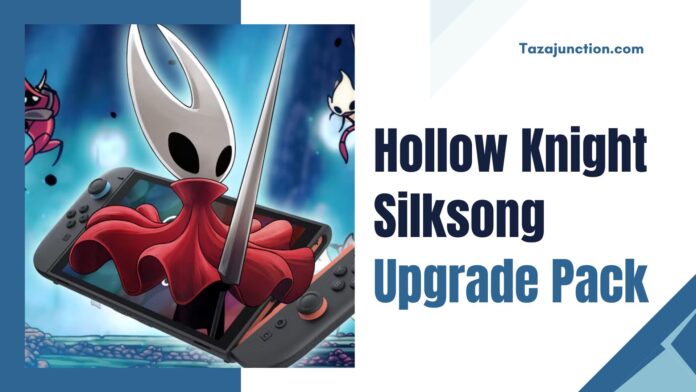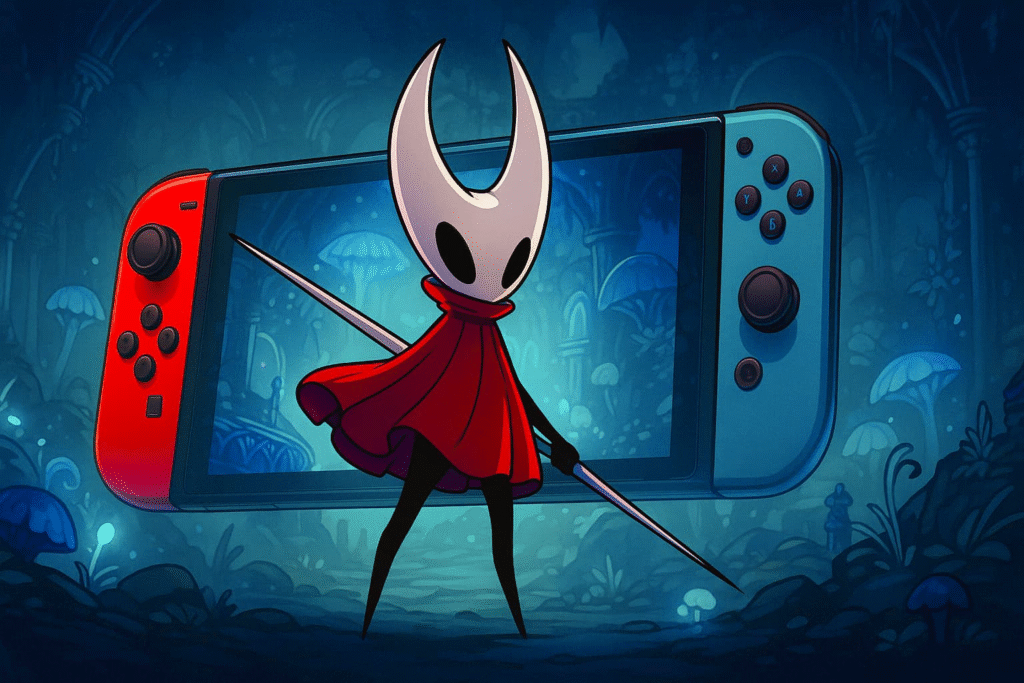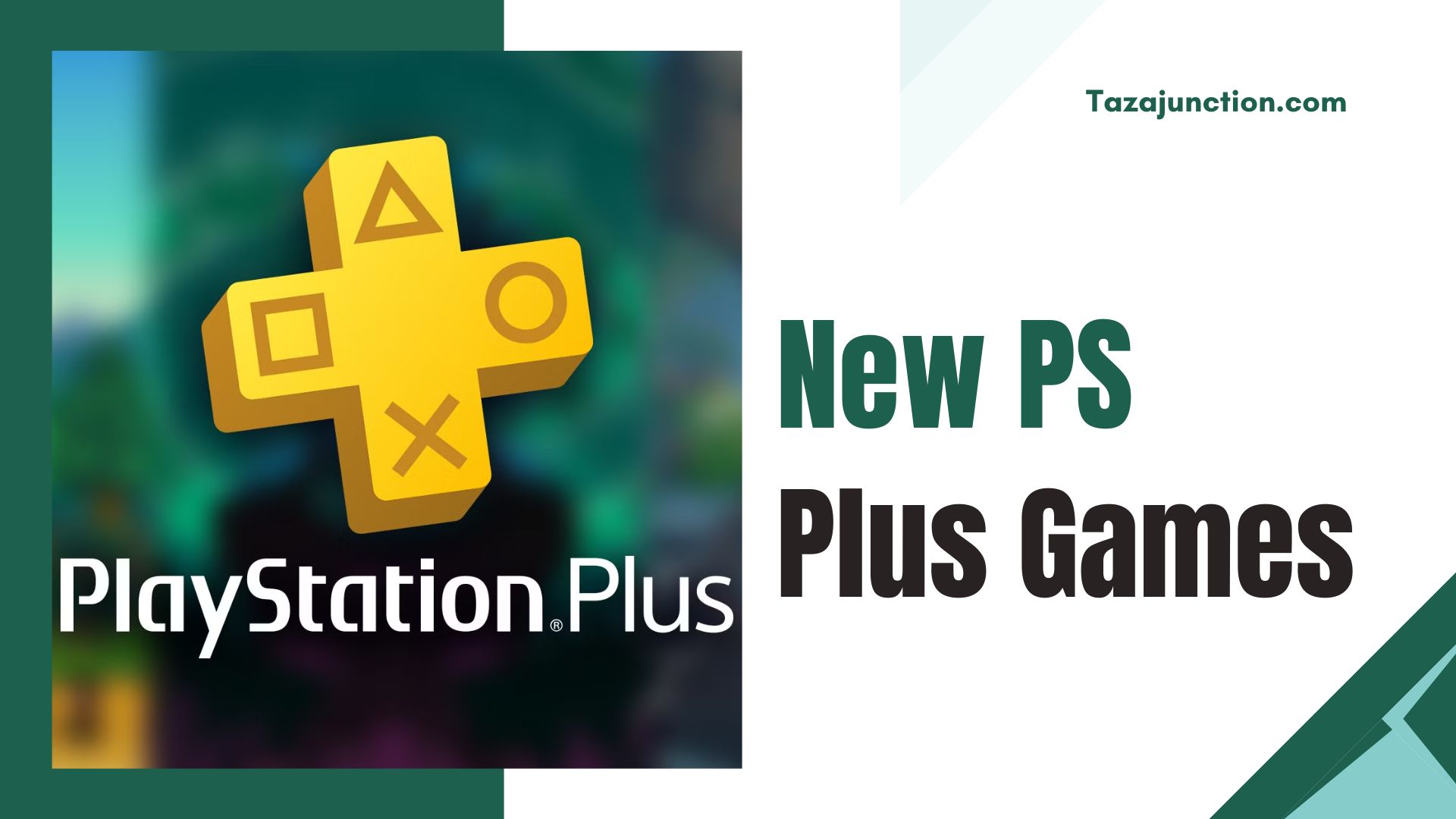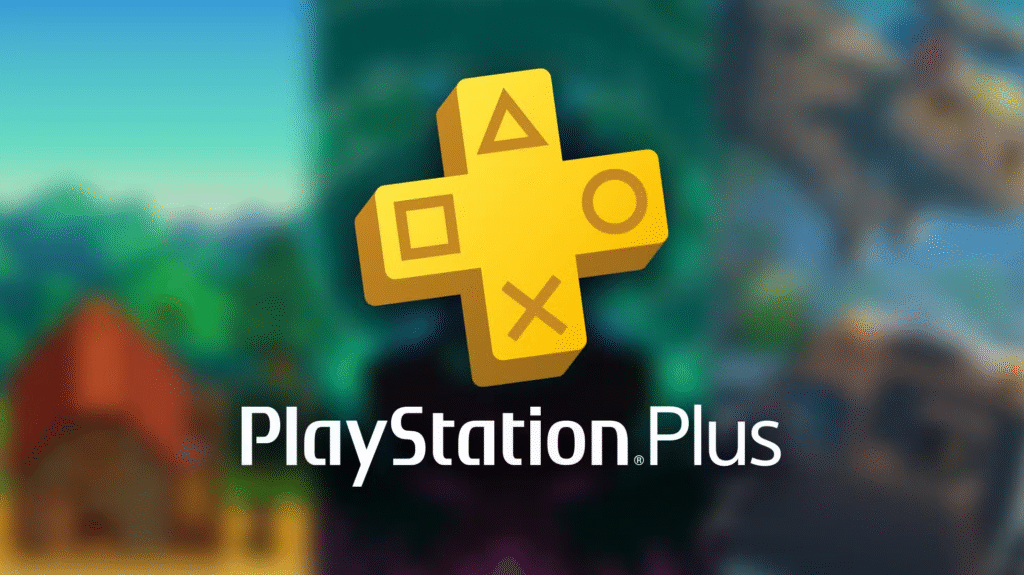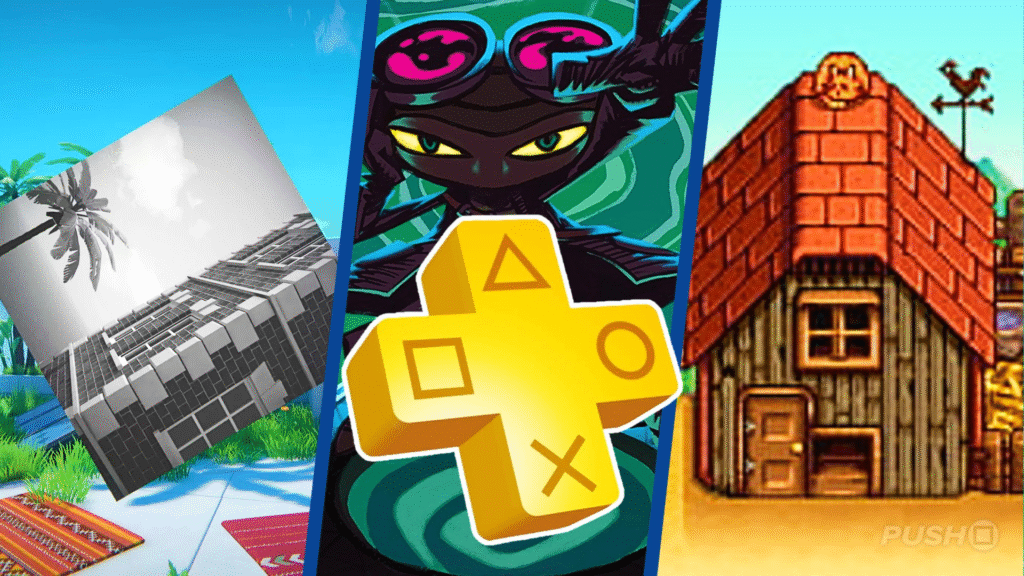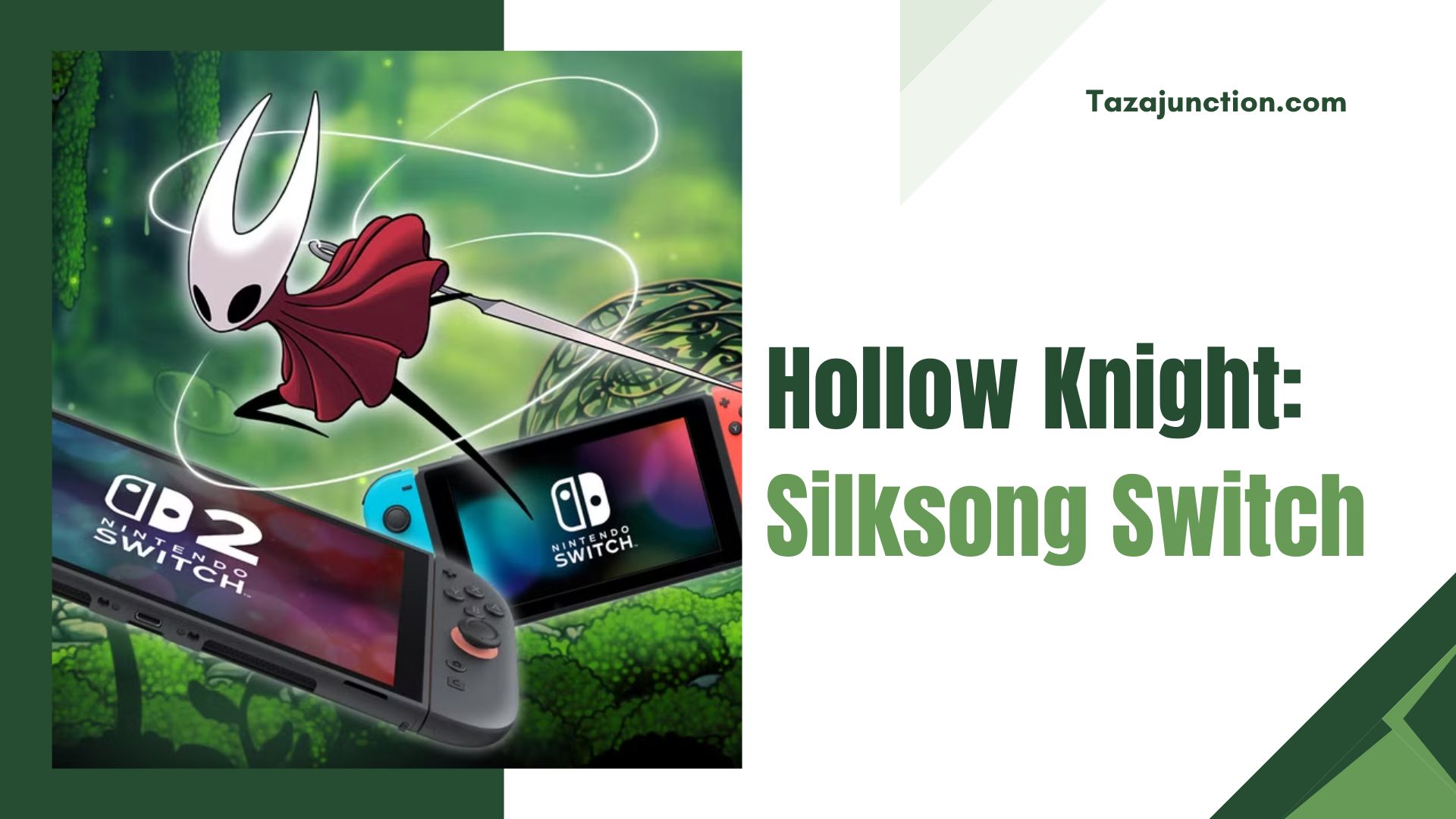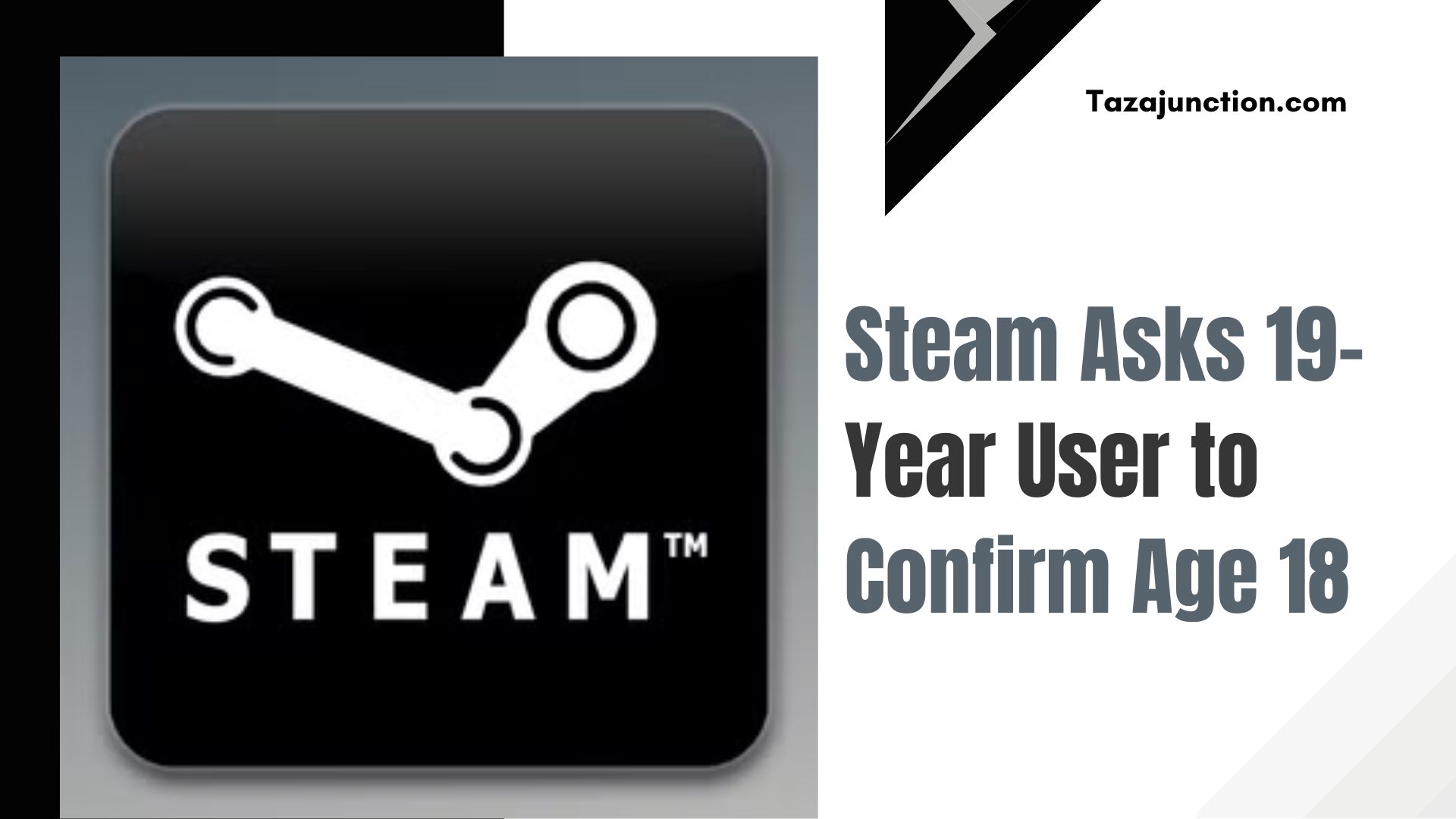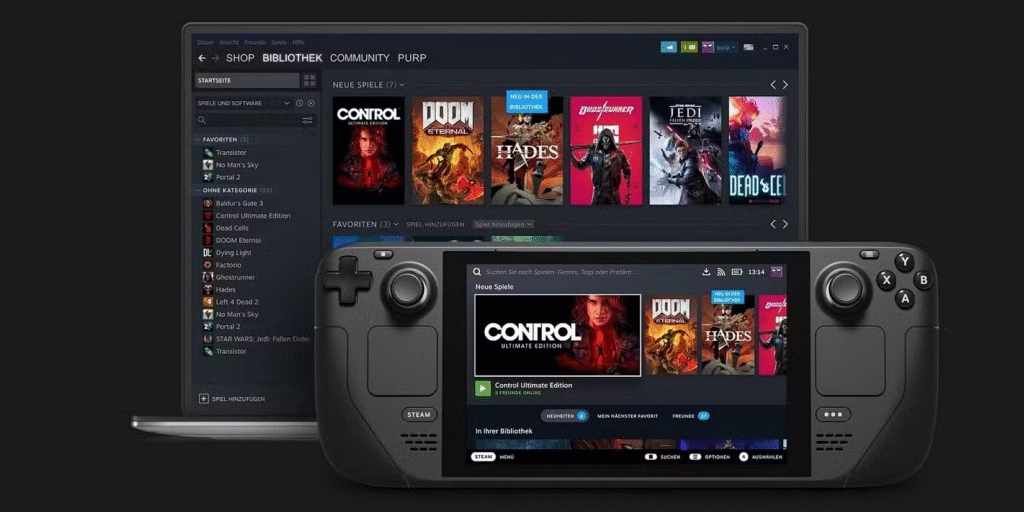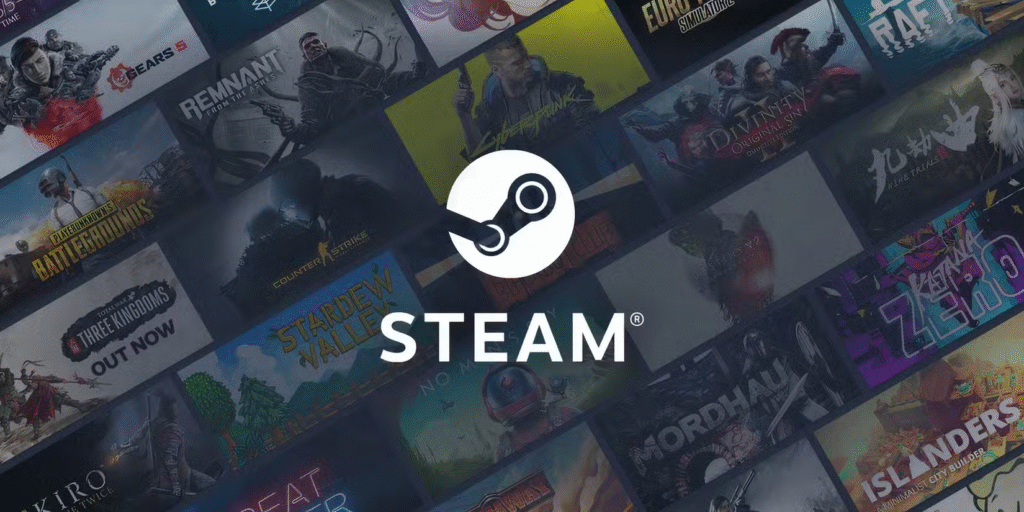In a surprising move that has excited strategy enthusiasts across the globe, Steam is currently offering a free turn-based game that users can claim and keep forever—if they act before the deadline of September 13.
This limited-time giveaway is part of a broader trend in the gaming industry, where developers and platforms are increasingly using promotional events to attract new players and build community engagement.
For fans of tactical gameplay and strategic thinking, this is a golden opportunity to expand their library without spending a dime.
Table of Contents
What’s the Game?
The free turn-based game in question is Broilers, a tactical title that blends elements of chess, tower defense, and breeding mechanics. While it may not be a household name like XCOM or Fire Emblem, Broilers offers a unique gameplay experience that challenges players to think several steps ahead.
The game is set on a grid-based battlefield, where players evolve units rather than move them directly. This twist adds a layer of complexity that sets it apart from more traditional entries in the genre.
Why This Matters?
Turn-based games have seen a resurgence in recent years, thanks to the success of titles like Clair Obscur: Expedition 33 and Into the Breach. These games appeal to players who enjoy deliberate pacing, tactical depth, and the satisfaction of outsmarting opponents.
The availability of a free turn-based game on Steam is not just a treat for existing fans—it’s also a gateway for newcomers to explore a genre that rewards patience and planning.
How to Claim the Game?
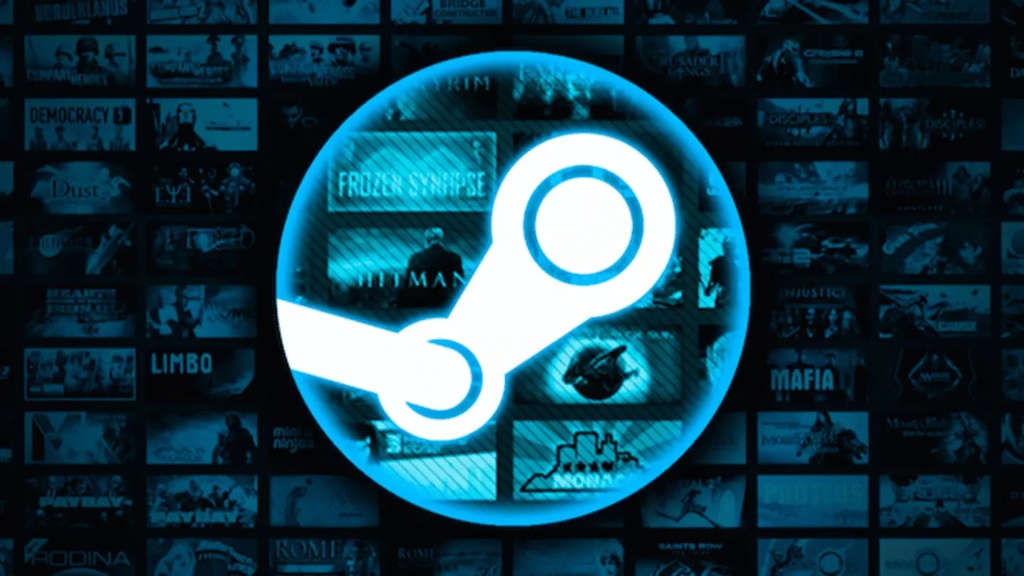
Claiming the free turn-based game is straightforward. Steam users simply need to visit the game’s store page and click “Add to Library” before the deadline of September 13.
Once claimed, the game is yours permanently, even after the promotional period ends. This “free to keep” model has become increasingly popular on Steam, offering users a risk-free way to try new titles and developers a chance to build buzz around their work.
Gameplay Overview
Broilers is not your average free turn-based game. Instead of commanding units directly, players breed and evolve them to create powerful combinations capable of defeating enemy forces.
The game’s mechanics are inspired by tabletop strategy and card-based systems, making it a hybrid experience that appeals to fans of multiple genres.
Matches are played in PvP format, meaning players face off against each other in online lobbies. While this adds a competitive edge, it also means that there’s no single-player mode—something that may deter casual gamers.
Challenges and Complexity
One of the most talked-about aspects of Broilers is its steep learning curve. Many players report spending hours just to understand the basic mechanics.
The absence of a single-player mode makes this even more challenging, as newcomers have no way to practice before jumping into competitive matches. Despite these hurdles, the game has carved out a niche among hardcore strategy fans who appreciate its depth and originality.
Community Reception
The reception to this free turn-based game has been mixed. On Steam, user reviews hover around the “Mixed” rating, with some praising its innovation and others criticizing its lack of accessibility.
The small player base also means that finding matches can be slow, especially during off-peak hours. However, for those willing to invest the time, Broilers offers a rewarding experience that stands out in a crowded market.
Why Developers Give Away Games?

Offering a free turn-based game is not just an act of generosity—it’s a strategic move. Developers often use giveaways to increase visibility, attract new players, and generate word-of-mouth marketing.
In the case of Broilers, the giveaway is tied to the developer’s decision to delist the game from Steam. By making it free for a limited time, they ensure that interested players can still access it before it disappears from the storefront.
The Rise of Turn-Based Strategy
The genre of turn-based strategy has evolved significantly over the years. What began with classics like Civilization and Advance Wars has now expanded into a diverse ecosystem of indie and AAA titles.
The availability of a free turn-based game like Broilers reflects this growth, offering players new ways to engage with tactical gameplay. Whether you’re a veteran strategist or a curious newcomer, there’s never been a better time to dive into the genre.
Tips for New Players
If you’re planning to claim this free turn-based game, here are a few tips to get started:
- Read the tutorials carefully: The game’s mechanics are complex, and skipping the instructions can leave you lost.
- Join active communities: Look for forums or Discord servers where experienced players share strategies.
- Practice with friends: Since there’s no single-player mode, teaming up with friends can make the learning process more enjoyable.
- Be patient: Mastery takes time, especially in a game as intricate as Broilers.
What This Means for Steam Users?
Steam’s decision to offer a free turn-based game is part of a broader effort to keep users engaged and excited. With thousands of games available on the platform, promotions like this help spotlight hidden gems that might otherwise go unnoticed. For users, it’s a chance to explore new genres, support indie developers, and build a diverse gaming library.
Final Thoughts
The clock is ticking for Steam users who want to claim this free turn-based game. With the deadline set for September 13, there’s limited time to take advantage of this offer.
Whether you’re a die-hard strategy fan or someone looking to try something new, Broilers offers a unique experience that’s worth exploring. Its blend of chess-inspired mechanics, PvP gameplay, and breeding systems make it a standout title in the turn-based genre.
While the game may not be perfect—its complexity and lack of single-player mode are valid concerns—it still represents an exciting opportunity for those willing to dive deep. And with no cost involved, there’s little reason not to give it a shot.
So, if you’re browsing Steam and wondering what to play next, consider adding this free turn-based game to your collection. You might just discover a new favorite—or at the very least, enjoy a fresh challenge that pushes your strategic thinking to the limit.
